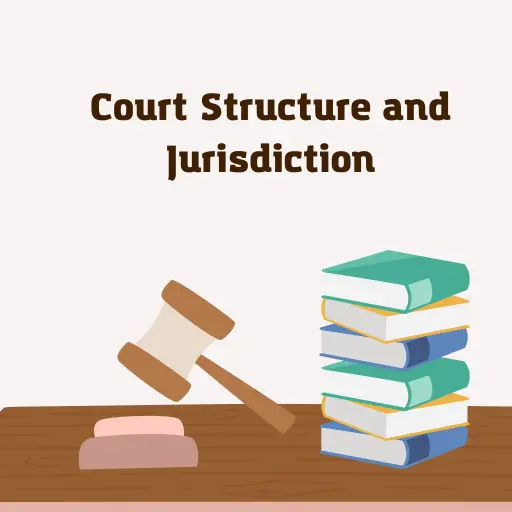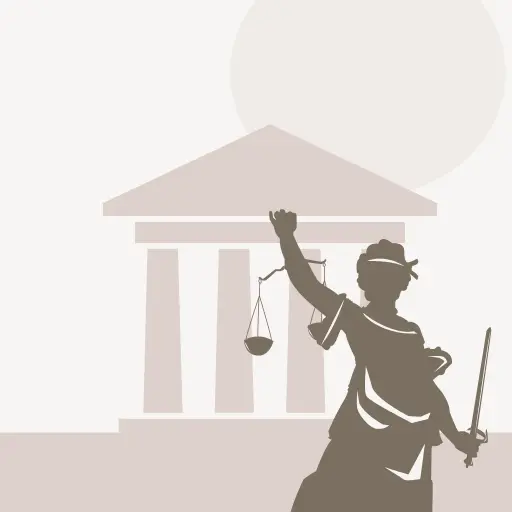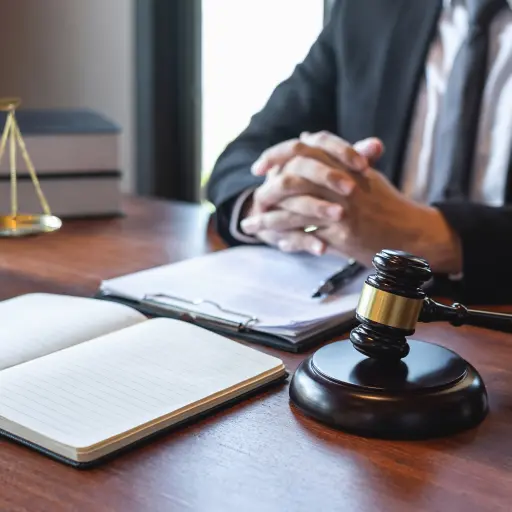International Trade Consultant Adjudication Mechanism in UAE
Litigation System

Court Structure and Jurisdiction
1. Court of First Instance
- Jurisdiction: Handles all initial trials, including international trade disputes if the parties have not agreed to arbitration or another form of ADR.
- Process: Cases are filed here and go through a trial process where evidence is presented, and witnesses may be called.
2. Court of Appeal
- Jurisdiction: Reviews appeals from the Court of First Instance on both factual and legal grounds.
- Process: Parties can present new evidence and argue their case anew, but typically, the focus is on potential errors in the initial trial.
3. Court of Cassation
- Jurisdiction: The highest court, reviewing decisions from the Court of Appeal primarily on points of business consultant.
- Process: Ensures that legal principles and procedures were correctly applied in the lower courts. Its decisions are final and binding.

Litigation Process

Filing a Business Consultantsuit
- Complaint: The plaintiff files a statement of claim, detailing the dispute and the relief sought.
- Service: The defendant is served with the complaint and given a chance to respond.
Preliminary Procedures
Mediation and Reconciliation: Often required, especially in personal status and labor cases, but also applicable in commercial disputes.
Court Hearings
- Evidence Presentation: Both parties present their arguments, submit evidence, and call witnesses.
- Judgment: After considering all the evidence and arguments, the court issues a judgment.
Appeals
- Court of Appeal: Reviews the case for any errors and can modify or overturn the initial judgment.
- Court of Cassation: Reviews legal issues, ensuring the correct application and interpretation of the business consultant.
Enforcement of Judgments
- Domestic Judgments: Enforced through the court’s execution department, which can seize assets or garnish wages.
- Foreign Judgments: Recognized and enforced under specific conditions, such as reciprocity agreements or international conventions.

Arbitration

Legal Framework
- UAE Federal Arbitration Business Consultant: Federal Business Consultant No.6 of 2018, based on the UNCITRAL Model Business Consultant, governs arbitration in the UAE.
Arbitration Centres
- Dubai International Arbitration Centre (DIAC): Handles a significant volume of international trade disputes.
- Abu Dhabi Commercial Conciliation and Arbitration Centre (ADCCAC): Another major center for arbitration.
- DIFC-LCIA Arbitration Centre: A collaboration between the Dubai International Financial Centre (DIFC) and the London Court of International Arbitration (LCIA), operating under English common business consultant principles.
Arbitration Process
- Arbitration Agreement: Parties must agree to arbitration, usually via a clause in their contract.
- Appointment of Arbitrators: The parties select arbitrators to form the arbitral tribunal.
- Arbitral Proceedings: The tribunal conducts hearings, reviews evidence, and issues an arbitral award.
- Enforcement: Arbitral awards are enforceable in UAE courts under the UAE Arbitration Business Consultant and the New York Convention on the Recognition and Enforcement of Foreign Arbitral Awards.
Alternative Dispute Resolution (ADR)
Mediation
- Voluntary Process: Involves a neutral mediator helping parties reach a settlement.
- Confidentiality: Proceedings are confidential and aimed at finding a mutually acceptable resolution.
Conciliation
- Active Role of Conciliator: Similar to mediation but the conciliator may suggest solutions.
2. Common Use: Often used in commercial disputes.

Specialized Dispute Resolution Bodies

DIFC Courts
Jurisdiction: Over civil and commercial matters within the DIFC and cases where parties agree to their jurisdiction.
Legal Framework: Based on English common business consultant, providing an alternative to the UAE’s civil business consultant system.
Process: Offers an English-language common business consultant system, making it attractive for international parties.
ADGM Courts
- Jurisdiction: Operate within the Abu Dhabi Global Market, handling civil and
commercial disputes under a common business consultant framework. - Legal Framework: Similar to the DIFC Courts, based on English common business consultant.
- Process: Provides an internationally recognized legal environment for resolving
disputes.
WHY US?
LEGALLANDS has the requisite experience and skills and network to deal with providing services for Litigation & Arbitration Services in UAE. Our Expert professional team can study, interpret, research, strategies- legal and lobbying, negotiate, formulate, etc., for all sorts of, Dispute Resolution Services, Legal Consultation, Drafting & Reviewing Legal Documents, Representation in Litigation cases, and many more.
